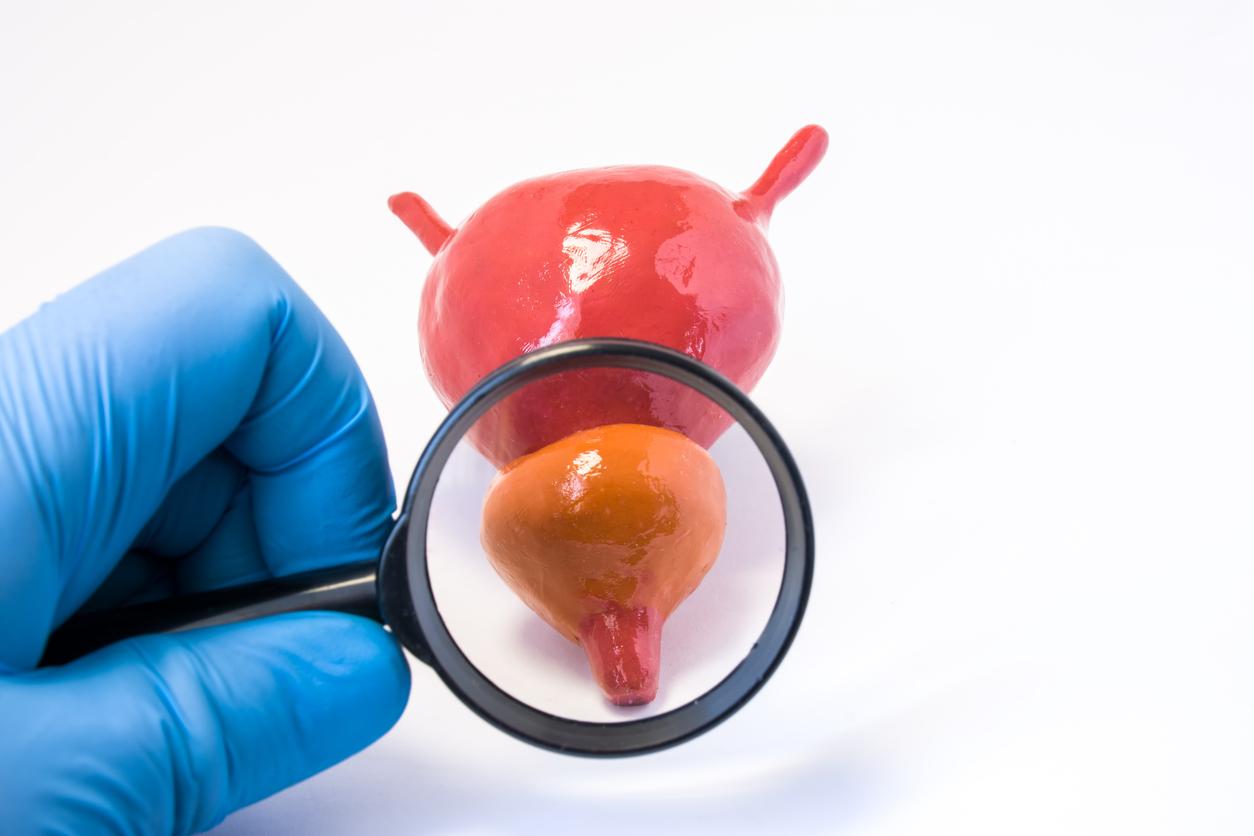Salmonella, kept at room temperature, is able to identify cancer cells that the immune system cannot see. This discovery augurs personalized treatments according to the patients, in order to increase the effectiveness of immunotherapy.
![]()
- As part of immunotherapy, some cancer cells manage to hide from the immune system.
- CRC2631, a genetically modified salmonella, allows cancer cells to be identified more quickly.
Immunotherapy has been a revolution in cancer treatment. This technique involves provoking the immune system to defend itself against cancer cells. However, some cancer cells can ‘hide’, allowing them to thrive in the body while they are destroying it. Researchers at the University of Missouri (USA) have found a new way to help the immune system fight cancer more effectively. The results of their research were published in the journal Oncotarget.
The limits of immunotherapy
“Normally, the body’s immune cells are constantly on patrol to identify and destroy foreign entities in the body.says Yves Chabu, assistant professor in the division of biological sciences at the University of Missouri and author of the author. Normal cells emit a molecular signal meaning ‘don’t eat me’ which is recognized by immune cells, thus preventing the destruction of normal tissue. However, some cancers have also developed the ability to mimic normal cells and produce the ‘don’t eat me’ signal. Therefore, the immune system does not recognize the cancer as defective tissue and leaves it alone, which is bad news for the patient.”
In their mode of operation, the drugs prescribed for immunotherapy aim to block the signal emitted by cancer cells. Without this signal, they are theoretically seen by the body which will then destroy them. However, because of its aggressiveness towards the body, immunotherapy is not a perfect technique, especially in the case of prostate cancer, which is highly immunosuppressive.
Tumor-detecting Salmonella
To counter the technique used by cancer cells, the researchers found the parade in a strain of bacteria more than 50 years old. They reused a strain of salmonella that had been stored at room temperature for more than half a century. By genetically modifying it, this non-toxic bacterium, called CRC2631, was able to target cancerous tumors. By placing it live in contact with prostate cancer cells taken from mice, the research team was able to observe that CRC2631 indicated the position of the cancerous cells, which facilitates the work of the immune system.
“Cancers are different from one individual to another, even when they affect the same tissuesemphasizes Yves Chabu. These interpersonal differences help determine whether or not a particular therapy will effectively kill the cancer and help the patient. The bacterium itself is genetically flexible, so it can be genetically engineered to overcome patient-specific therapeutic limitations. As CRC2631 preferentially colonizes tumor cells, the effect is mainly localized to the tumor. Using CRC2631 to design and deliver patient-tailored therapies portends the potential of precision medicine, or the ability to tailor a treatment to a specific patient.”
.
















